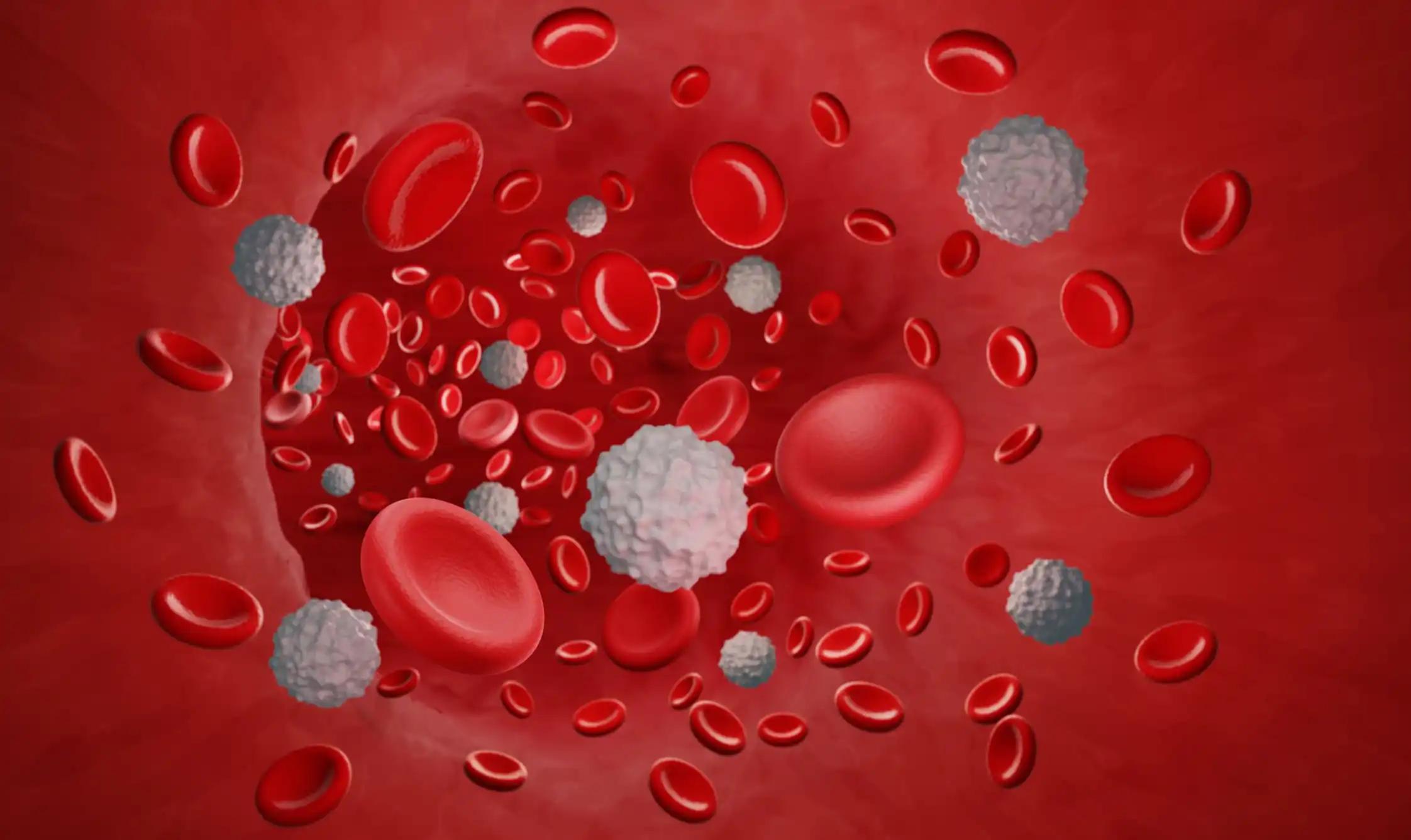KEY TAKEAWAYS
- The phase I trial aimed to determine the optimal dose of selumetinib+azacitidine for higher-risk MDS, MDS/MPNs, and myelofibrosis pts.
- Secondary and exploratory objectives include preliminary clinical response rates and exploring RAS mutation-response relationships.
Myelodysplastic syndrome (MDS), Philadelphia chromosome-negative myeloproliferative neoplasms (MPNs), and MDS/MPN overlap syndromes are difficult to treat for patients(pts) ineligible for transplant or refractory to conventional therapies. RAS pathway mutations drive myeloid malignancies and cooperate with epigenetic dysregulation. Selumetinib is a potent MEK inhibitor that targets RAS signaling.
Researchers aimed to determine the optimal dose of selumetinib+azacitidine for higher-risk MDS, MDS/MPNs, and myelofibrosis.
The study used a 3+3 dose-escalation design involving 3 specified dose levels for selumetinib (50 mg, 75 mg, and 100mg, respectively) alongside a consistent dose of azacitidine at 75 mg/m2. The treatment regimen consists of azacitidine administered on days 1-7, followed by selumetinib from days 7-21, all within 28-day cycles. Two cohorts are involved, namely Cohort A, including individuals with MDS, relapsed/refractory(R/R) disease necessitating treatment, and MDS/MPN overlap syndromes; Cohort B, include individuals with myelofibrosis who are refractory or intolerant to JAK inhibitor therapy or ineligible for ruxolitinib treatment due to baseline cytopenias (thrombocytopenia < 50,000/uL, anemia < 9 g/dL, and/or dependence on red cell transfusion).
The study aims to enroll 18 to 24 subjects, with ongoing treatment for those benefiting. Dose escalation is separate for both cohorts and Cohort A is close to completing enrollment, while Cohort B is actively enrolling. The primary goal is to identify the maximum tolerated dose(MTD) of selumetinib combined with azacitidine. Secondary and exploratory objectives involve assessing preliminary clinical response rates and studying connections between the presence of RAS-activating mutations, RAS pathway activation, and clinical response.
Source: https://ascopubs.org/doi/abs/10.1200/JCO.2023.41.16_suppl.TPS7084
Clinical Trial: https://www.clinicaltrials.gov/study/NCT03326310
Gregory Roloff, Anand Ashwin Patel, Kristen M Pettit, Michael J. Thirman, Richard A. Larson, Mariam Nawas, Satyajit Kosuri, Michael William Drazer, Noreen Fulton, Howard Weiner, Wendy Stock, Hongtao Liu, and Olatoyosi Odenike. DOI: 10.1200/JCO.2023.41.16_suppl.TPS7084 Journal of Clinical Oncology 41, no. 16_suppl (June 01, 2023) TPS7084-TPS7084.



